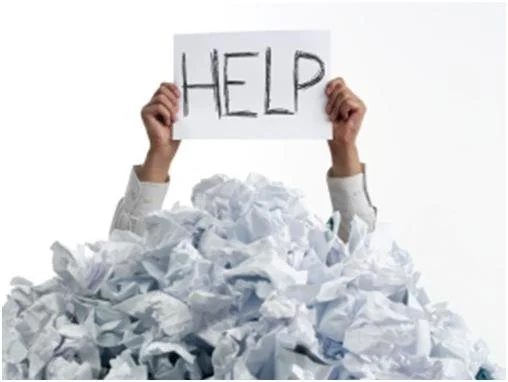So you got the grant, what’s next?
A while back I wrote this op-ed on how to prepare a grant and work with a writer on crafting a decent application.
Now let’s talk about getting the first successful grant and what to do and what NOT to do. It feels like winning the lotto 100%, but stuff has just gotten real and you’re probably totally wigging out now.
“I got the grant” (Woohoo, party party!)
Followed by…
“You mean I have to manage finances?”
“You mean, I have to pay people?”
“You mean I have to be the artist and the producer?”
“I have no time!”
“I am not worthy; I don’t know what I am doing!”
And all the other self-defeating nonsense one’s mind spews up. Om Mani Padme Hum, let’s take a breath and unpack this.
First things first, before you sign the contract and freak out. Please contact your grant writer and book a meeting. I am not saying this because I want your money. I am saying this because there’s a lot to get through before you hit overwhelm which you will and I don’t want you to get sick from stress, self-sabotage, or underdeliver. To get a good process the first time will set you up for many more grants and lots of success in the future.
So folks, here are my hot tips.
Make your grant writer the first port of call
Get them engaged to help you deal with the inevitable speed bumps. They know you and your project more than you think they know and can spot danger signs early. It’s obvious when someone is not delivering their project because they stop communicating. Do not do this. Don’t go AWOL.
Do not ditch creatives you have factored into the grant
Brisbane (or any arts scene!) is small and word gets around that you have potentially or obviously used people due to their status to get the grant. This is such a bad look and you won’t receive any connections or recommendations again especially if the grant writer or project team has leveraged their people to help you.
Do not sit on the grant money and not spend it
You have been funded to spend it.
I have heard of people using their NDIS to pay people instead rather than use their grant funds to increase their own wages. Please stick to your budget as close as possible. Your creative has been included as an artist in the project not a support worker. I get this, but its unethical. Pay the amount specified to the creative for the services they are nominated to provide.
Pay someone to produce and help you do the boring admin and logistics so you can be the artist
I have seen many artists lose momentum and the project fall apart because they thought they could do it all. This is going to suck the life out of the project.
I will tell you to budget in someone to do this part of the grant. Why you were successful wasn’t just for the process and innovation or great idea, but you proved you would have a tangible outcome e.g., exhibition, concert, showing whatevs. Basically, something where people come along and tell you it’s good or it needs more work (on the most part).
Feedback is like a mirror and you need to look at it
Again, why you need a producer, so you don’t get hung up, sucked down an imposter syndrome vortex, or do a half-arsed job. Feedback confirms what you already know or can surprise you. It’s there to help you grow and it is there to show you what you are doing is meaningful for others. Isn’t it great when people are completely blown away? It’s because you put the care, time and attention in and believed in yourself and your team. If your project was rocky, get some space before the final evaluation is done. It can be really emotional post epic delivery, but don’t leave it too long.
It’s ok to make mistakes, it’s not ok to give up
We’ve all been there - natural disasters, cancelled events covid etc (force majeure), missed an appointment with your producer, forgot to send a vital email, got the flu and have to push your timeline out by a month… but everything is scalable.
Again communication – you must contact your funder and discuss this with them. You can request variations which generally are approved in writing or potentially online e,g., Smartygrants (depending on their system), but you must do this as early in the process as possible. If numbers are not your thing, get some advice.
Document as much as possible!
Try and get it all down before getting into the action. It’s easy to get into the doing not the documenting. This will really help you understand the What, When, Where, Why, How and Who in the whole process! If you’re visual or aural, get some happy snaps and sound bites instead! You’ll look back and go “I did it, it was great!” And it will be.
This is important stuff, and it can seem very bureaucratic, out of your comfort zone and stretch you more than Gumbi, but you’ll learn something, get some new friends and hopefully create a wonderful legacy for yourself and others.
Just remember, you’re not alone and the easiest thing you can do is pick up your phone or email and ask for help.


